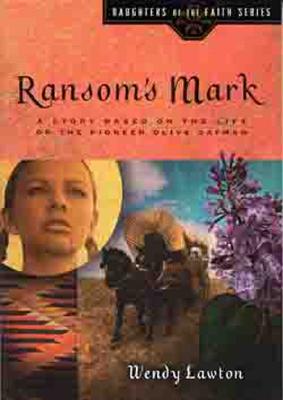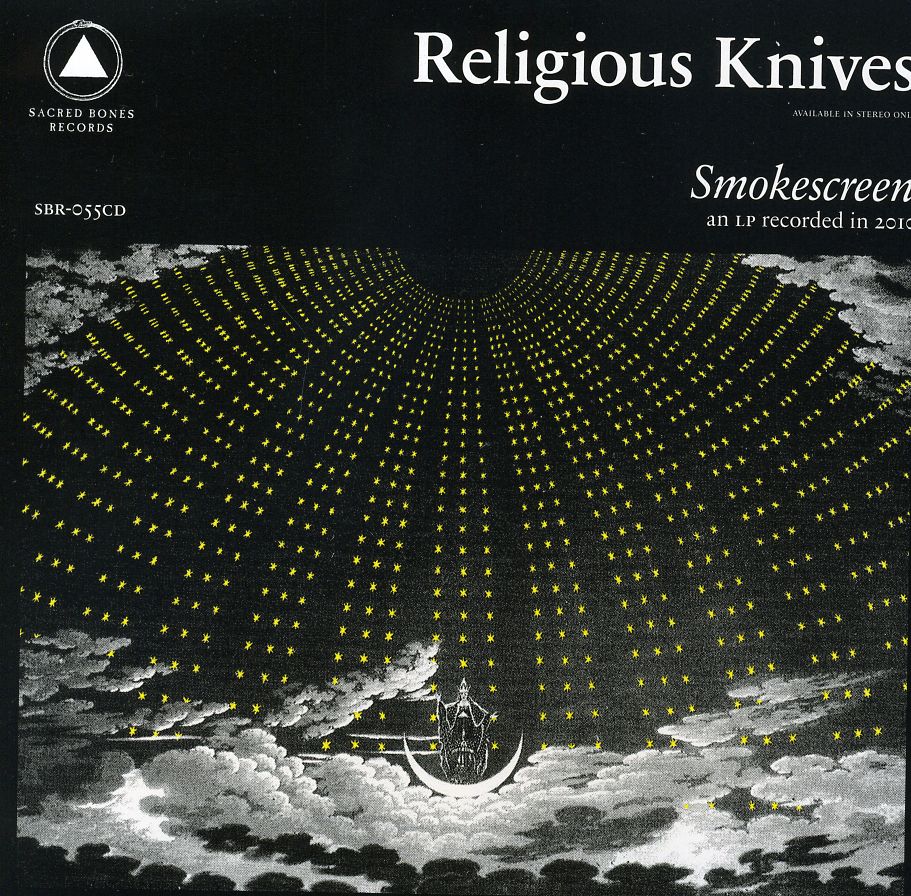
Edwards, Jonathan
product information
description
erican missionary to the Native Americans who had a particularly fruitful ministry among the Delaware Indians of New Jersey. During his short life he was beset by many difficulties. As a result, his biography has become a source of inspiration and encouragement to many Christians, including missionaries such as William Carey and Jim Elliot, and Brainerd's cousin, the Second Great Awakening evangelist James Brainerd Taylor (1801-1829). Much of Brainerd's influence on future generations can be attributed to the biography compiled by Jonathan Edwards and first published in 1749 under the title of An Account of the Life of the Late Reverend Mr. David Brainerd. Edwards believed that a biography about Brainerd would have great value and set aside the anti-Arminian treatise he was writing (later published as Freedom of the Will) in order to create one. The result was an edited version of Brainerd's diary, with some passages documenting Brainerd's despair removed. It gained immediate recognition, with eighteenth-century theologian John Wesley urging: 'Let every preacher read carefully over the Life of David Brainerd. The most reprinted of Edwards's books, it has never been out of print and has thus influenced subsequent generations, mainly because of Brainerd's single-minded perseverance in his work in the face of significant suffering. Clyde Kilby summarised Brainerd's influence as being based on the fact that, 'in our timidity and our shoddy opportunism we are always stirred when a man appears on the horizon willing to stake his all on a conviction'. From the eighteenth century, missionaries also found inspiration and encouragement from the biography. Gideon Hawley wrote in the midst of struggles: 'I need, greatly need, something more than humane [human or natural] to support me. I read my Bible and Mr. Brainerd's Life, the only books I brought with me, and from them have a little support'. Other missionaries who have asserted the influence of Jonathan Edwards's biography of Brainerd on their lives include Henry Martyn, William Carey, Jim Elliot. and Adoniram Judson.
member goods
No member items were found under this heading.
Return Policy
All sales are final
Shipping
No special shipping considerations available.
Shipping fees determined at checkout.







